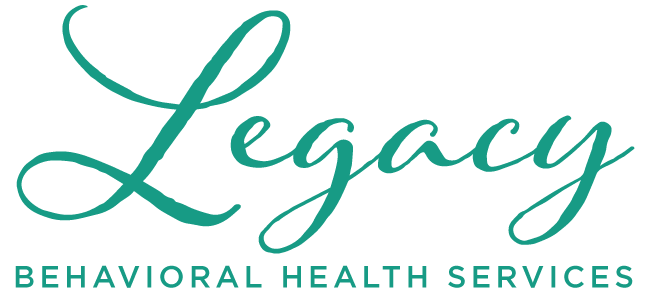Diversity is important in any field, and the healthcare industry is an exceptional example of why. The person served demographic is as diverse as our areas as well as country’s population. An ethnically and culturally diverse applicant pool leads to more diverse and culturally sensitive healthcare providers — and happier, healthier persons served. What’s more, many studies have shown that diverse groups are better problem solvers and are more prepared, which is very important in behavioral health and healthcare overall.
Our nation is made up of people of varied national origins, ages, religious affiliations, languages, genders, sexual orientations, disabilities, socioeconomic and occupational statuses, and geographical locations, among many other traits. Behavioral health is not a one-size-fits all career choice, but diversified employees are able to provide a more inclusive approach to diverse population we serve.
When an employee recognizes cultural sensitivities, they can be proactive about helping individuals with personal and cultural practices. Persons served may have a particular cultural background or language barrier that affects the provider’s approach. That is the reason why LBHS provides diversity equity and inclusion training initially as well as annually to all employees, contract workers as well as interns.
The person served need to feel comfortable and at ease with their healthcare providers in order to establish good communication, and therefore good care. Poor communication can lead to misdiagnosis on a provider’s part, or a person served misunderstanding their treatment plan, or a lack of engagement in their care. Therefore, it is easy to see why behavioral health providers as well as healthcare providers overall should be representative of whom, they provide services and care for.
